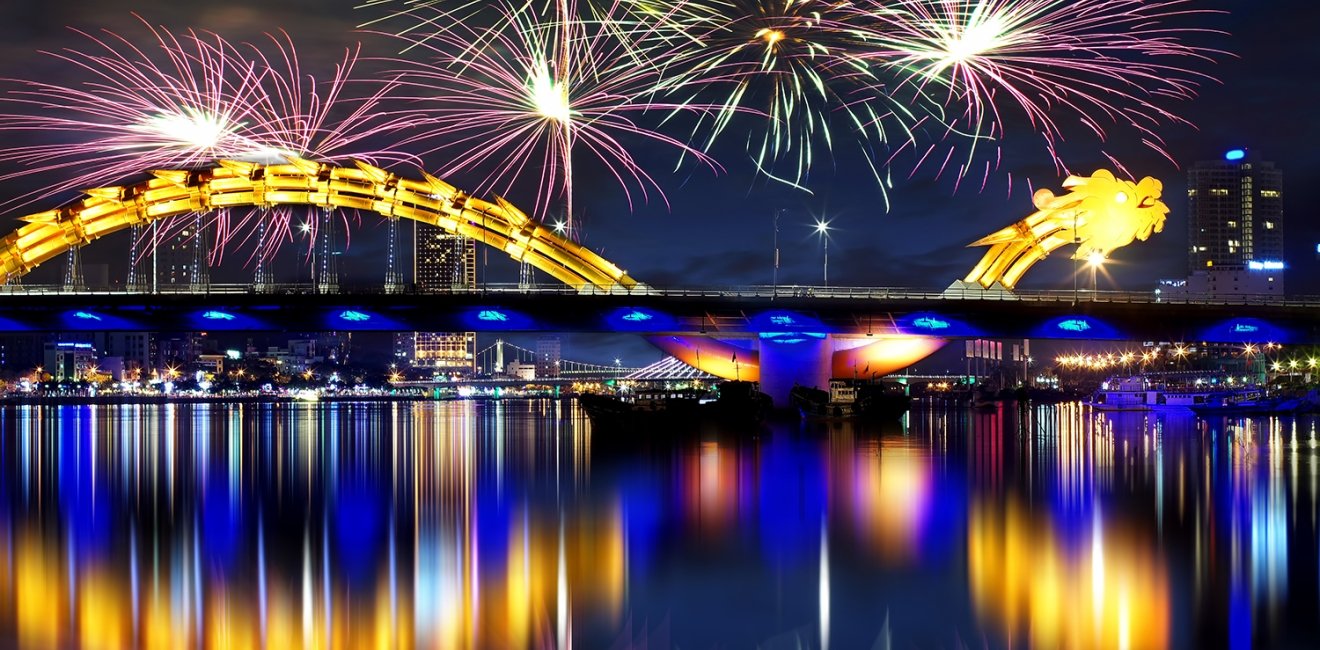2019: Looking Back
As the decade comes to a close, the Asia Program looks back at the news stories and analysis of the last year.

A blog of the Indo-Pacific Program
As the decade comes to a close, the Asia Program looks back at the news stories and analysis of the last year.

Throughout 2019, the Asia Program and the Wilson Center has continued their mission to provide insights on current events including diplomatic summits, trade disputes, international elections, and defense partnerships.
The year opened with the announcement of a second summit between President Trump and Kim Jong Un, scheduled for February in Vietnam. Jean Lee pointed out that the summit needed a roadmap to become more than a photo-op. Experts from the U.S. and Japan came together to look at the geopolitical implications of this new era and the hope for peace on the peninsula. Global Fellow Van Jackson came to the center to launch his new book, saying that Trump and Kim have “personalized this nuclearized confrontation” and that on the part of the U.S. “It feels pretty impulsive.”
The summit in Vietnam ended when the President walked away from negotiations. A few months later, North Korea was conducting more missile tests and welcoming Chinese President Xi Jinping. Then in June, President Trump traveled to the demilitarized zone to meet with Kim Jong Un and become the first U.S. president to set foot in North Korean Territory. Throughout the year, Jean Lee brought her experience and knowledge of North Korea to her reporting, discussing the country’s relationship to their nuclear weapons and explaining propaganda imagery of Kim Jong Un.
This year was the 40th anniversary of the Taiwan Relations Act, and the Wilson Center joined with CSIS and Brookings for a conference on the creation and implementation of the legislation featuring remarks from President Tsai Ing-wen. In October, members of the Asia Program visited Taiwan and spoke with President Tsai.
In February, we hosted a discussion with Senators Cory Gardner and Edward J. Markey on the future of U.S. policy in the Indo-Pacific. Events in November examined the cooperation between the U.S. and South Korea and the fate of grand strategy in the current era.
India and Pakistan had their “most serious crisis in nearly twenty years” in March and the Wilson Center gathered experts a few days later to discuss what it meant for regional stability and in May India re-elected Prime Minister Narendra Modi in a resounding victory that Michael Kugelman said was “a good thing for Washington-with caveats.” Asia Program experts looked at the results in a Ground Truth Briefing and an event in June.
Competition between the U.S. and China intensified, and trade disputes continued to impact the region, including increased friction between Japan and South Korea. In November, a speech from Ambassador Alice Wells at the Wilson Center contrasted the China-Pakistan Economic Corridor with the U.S. approach to international development. The “speech heard round the world” drew quick responses from Islamabad and Beijing.
In a whirlwind of news this year, the U.S. announced that it was in advanced talks with the Taliban, attempting to bring an end to America’s Longest War. Those talks fell apart in September, and Kugelman said that the administration’s new plan of stepped-up assaults on the Taliban “has been attempted many times before. And it has never succeeded.” In October, experts gathered to discuss the 2019 elections in Afghanistan and the canceled peace talks. A November Asia Program event looked at the effects of the U.S. reconstruction efforts in the country.
The Asia Program expanded their coverage of Southeast Asia with work from Global Fellow Prashanth Parameswaran, who looked at Sulu Sea trilateral patrols, China’s security partnerships, Southeast Asia’s coast guards, and looking ahead to Vietnam’s foreign policy in 2020. We also launched “Why Can’t Pakistan Children Read? The Inside Story of Education Reform Efforts Gone Wrong,” a report from Global Fellow Nadia Naviwala looking at the systemic problems in Pakistani schools.
As a decade of change and evolution comes to a close, the Asia Program looks forward to continuing to provide analysis and insights in the year to come through our blog, publications, newsletter, and events.
Do you want to make sure you’re up to date on all of the news from the Asia Program? Sign up for our Dispatches newsletter, and follow us on Twitter and Facebook.
The views expressed are the author's alone, and do not represent the views of the U.S. Government or the Wilson Center. Copyright 2019, Asia Program. All rights reserved.


The Indo-Pacific Program promotes policy debate and intellectual discussions on US interests in the Asia-Pacific as well as political, economic, security, and social issues relating to the world’s most populous and economically dynamic region. Read more


The Center for Korean History and Public Policy was established in 2015 with the generous support of the Hyundai Motor Company and the Korea Foundation to provide a coherent, long-term platform for improving historical understanding of Korea and informing the public policy debate on the Korean peninsula in the United States and beyond. Read more
